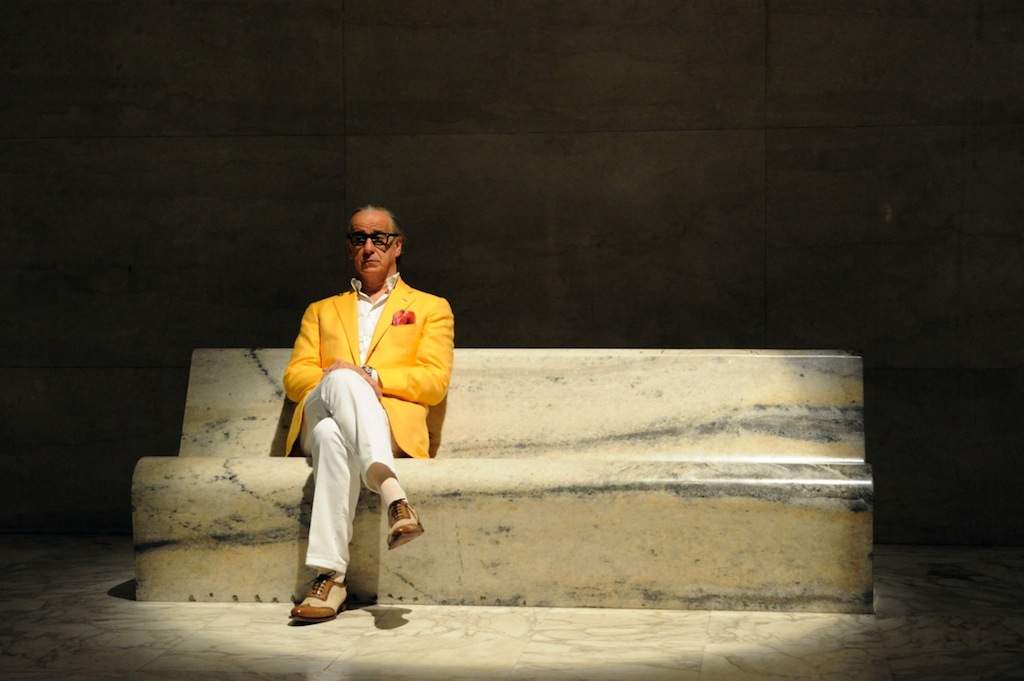The Great Beauty
See Rome through the eyes of a jaded socialite in Paolo Sorrentino's latest.
Overview
"I didn't want to simply be a socialite," Jep Gambardella (Toni Servillo) tells us. "I wanted to become the king of socialites." He has succeeded grandly in this most empty of ambitions; his life seems an endless parade of high-society gatherings, fashionable soirees and art gallery openings.
A louche writer resting on the laurels of his lone novel and the occasional magazine piece, Jep has turned recently turned 65 and is shaken from his decadent torpor when he learns that his first love has died. The news acts as a reminder of his own looming mortality and is a chance to reflect on the gradual decline of Rome, the city he came to as a young man, at once drawn to its vibrancy and seemingly determined to be unimpressed with it.
The film begins with an elaborately staged, gloriously shot party and doesn't reveal its immaculately dressed, glamorously jaded protagonist for several minutes, an approach in keeping with its interest in the colourful characters who inhabit his world. It is peopled with eccentric characters like Jep's combative editor, a spirited stripper who becomes involved with Jep, a centurion nun who eats only roots and a cluster of society wives, conmen and vacuous social climbers.
Dispensing acidic observations a la Truman Capote, Jep surveys scenes of debauchery and hedonism with an air of slightly tired amusement. At times he seems the ultimate cynic — when he responds to a friend's taunt about his work and she calls him a misogynist, he corrects her: he is actually a misanthrope. Yet there is something melancholy about the character and the milieu he inhabits, something increasingly desperate about their pretensions and endless search for novelty, a sense that they live in the shadow of the city's great history.
Writer-director Paolo Sorrentino's last film was the somewhat divisive little gem This Must Be The Place; this is a much more elaborate affair, stuffing dozens of vignettes of city life into its 142-minute running length. It evokes comparison with his great countrymen Federico Fellini and feels like a belated companion piece to La Dolce Vita, in its ambition, sweep and affectionate but pointedly warts-and-all portrait of a decaying, decadent metropolis.
Filmgoers who like a sturdy narrative will likely be frustrated by The Great Beauty's structural looseness and epic sprawl, but those who can tap into its kaleidoscopic approach will find a dazzling, intoxicating feast of colour and life.







